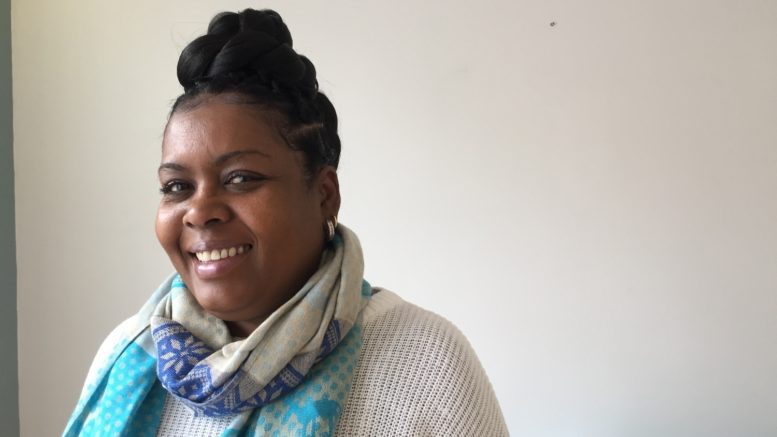The last couple years of the pandemic have been rough for many people, including Black communities.
In the summer of 2020, the murder of George Floyd sparked protests around the world, calling for an end to police brutality against Black people.
Among those moved by these events was Susan Bascillo.
“When one Black person cries, all Black people cry,” she said in an interview with the Toronto Observer.
Bascillo is a psychotherapist and one of the founders of Black Mental Health Matters, located on the Danforth. It’s an initiative Bascilllo launched in 2020 with two other therapists, Melissa Taylor and Yemi Otukoya.
The non-profit is dedicated to “working towards increasing access to psychotherapy, counselling and providing mental health services within the Black community.”
They provide free or low-cost therapy and mental-health services for those clients who otherwise wouldn’t have access.
This assistance is significant for a community that Bascillo said is less likely to turn to these services.
“In the Black community, we don’t really seek therapy,” she said. “We more turn to the church.”
Black communities harder hit by COVID-19 pandemic
However, Bascillo noted her number of Black clients has been on the rise since the pandemic began.
“Black communities were hit the hardest with COVID because they are live in more dense, populated areas,” Bascillo said.
Data has shown that in Toronto, Black and other racialized communities saw higher rates of COVID-19 infections, which experts say are linked to lower income, work conditions and systemic racism.
BMHM also offers workshops on topics like race-based trauma and mental-health stigma, for organizations seeking to improve their understanding of these issues.
“Black history is every day, because we are not just Black for one month, we are Black every single day.”
Susan Bascillo
February marks Black History Month. Does this annual observance have any impact on the mental health of the Black community?
According to Bascillo, the month is not unlike any other – and may be detrimental to the focus the community gets the rest of the year.
“Black history is every day because we are not just Black for one month, we are Black every single day,” she said.
She questions how much schools can teach Black history within one month.
“Some schools may have Black students do a performance or an assembly or put up some pictures or paintings or posters,” she says.
“But does that really describe the magnitude of oppression that Black people feel systematically every single day?
A 2019 study shows almost half of Black Canadians aged 15 and older reported at least one form of discrimination in the past five years.
Bascillo believes that incorporating Black history into school curriculums year-round will result in a more confident Black community.
“We will be teaching our young Black boys and girls that there is no limit to what they can do,” she says.
Bascillo feels that for the mental health of Toronto’s Black community to improve, they must be treated with humanity.
“We need to first see Black people as people,” states Bascillo. “So when they access mental health services, they are not treated with discrimination.”
Wider cultural awareness needed, Bascillo says
According to BMHM, there is a stigma in the Black community about mental health and seeking help.
Bascillo stresses the importance of mental-health workers understanding the demographics of the groups they work with.
“For mental health to change within the Black community, the players need to be informed,” she says.
“We need cultural awareness, and we need to start engaging in research involving the Black communities so we can understand what works for them.”
Black Mental Health Matters is located at 320 Danforth Ave. More information can be found on their website.

